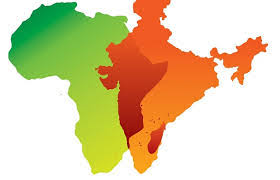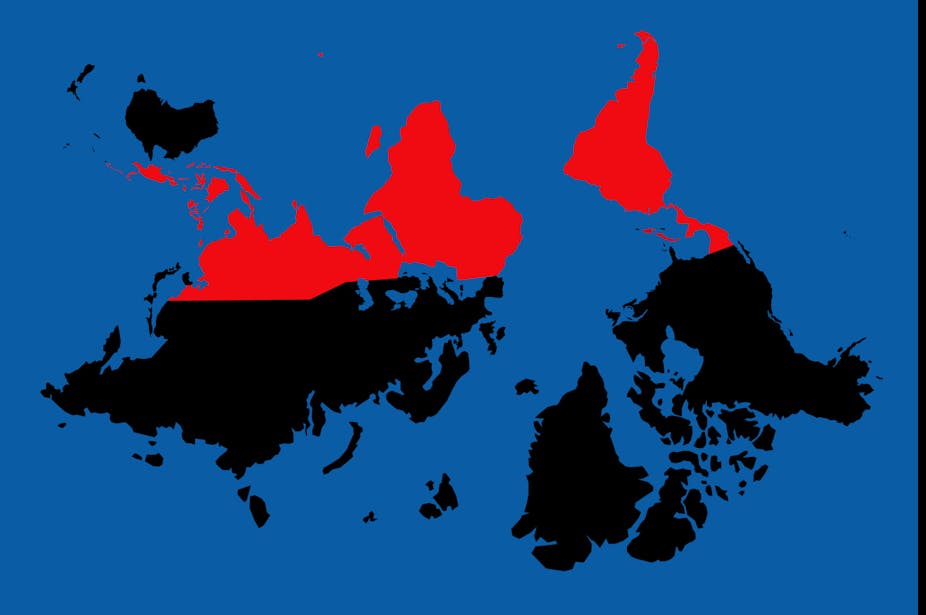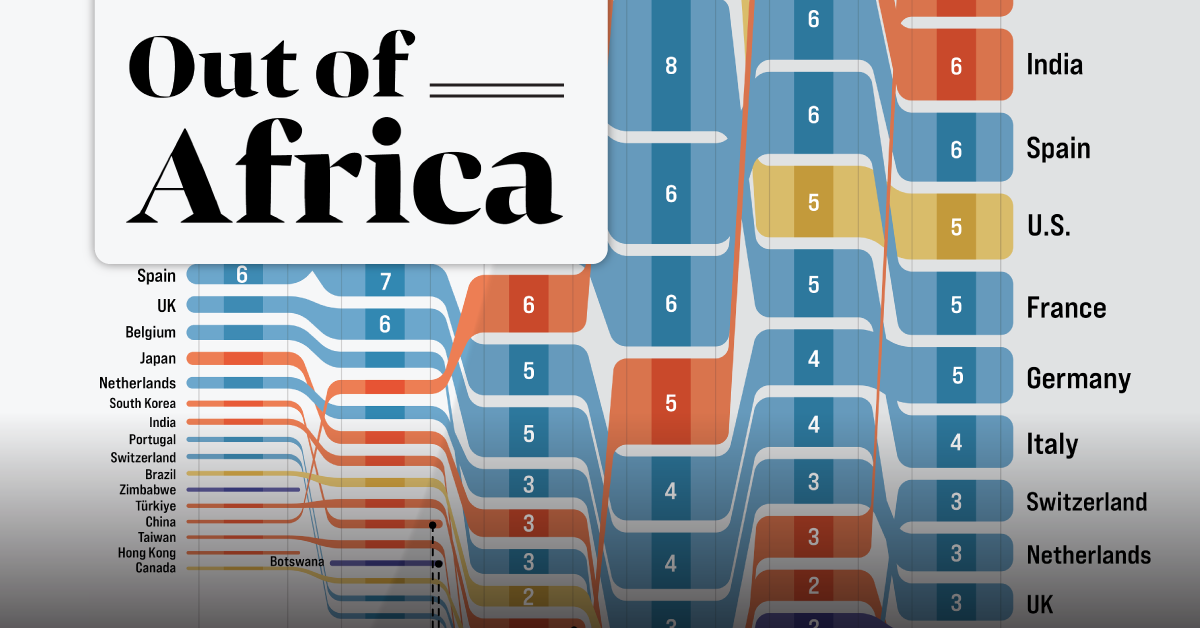Empty Country (novel)
Trump’s Default: The Mist Of Empire (novel)
The 20% Growth Revolution: Nepal’s Path to Prosperity Through Kalkiism
Rethinking Trade: A Blueprint for a Just and Thriving Global Economy
The $500 Billion Pivot: How the India-US Alliance Can Reshape Global Trade
Trump’s Trade War
Peace For Taiwan Is Possible
Formula For Peace In Ukraine
The Last Age of War, The First Age of Peace: Lord Kalki, Prophecies, and the Path to Global Redemption
AOC 2028: : The Future of American Progressivism
🚨BREAKING: @HispanicCaucus chairman Adriano Espaillat calls for the agents who assaulted Senator Alex Padilla to be arrested. pic.twitter.com/jw8gEPIT8B
— Pablo Manríquez (@PabloReports) June 12, 2025
Finally, it's all underwater pic.twitter.com/j6HxVug8mZ
— Polling USA (@USA_Polling) June 12, 2025
Russia’s War in Ukraine Is Now ‘Faltering’ Russian casualties reached the one million mark (killed and wounded) on June 12, 2025. .......... Russia has suffered these staggering personnel and equipment losses for minimal territorial gain, with its rate of advance in some areas slower than in World War I. ........... Russia invaded Ukraine in February 2022, but the war started eight years before that when they seized Crimea and parts of the Donbas, with the appearance of “little green men.” ....... While the war of attrition has stalemated both sides, the Russians insist they are winning with their propaganda releases, and the West has generally been swayed by this idea. President Trump insisted that Russia “holds all the cards.” ........ Russia has also lost 10,933 tanks, 22,786 armored fighting vehicles, 51,579 vehicles and fuel tanks, 29,063 artillery systems, 1,413 multiple launch rocket systems, 1,184 air defense systems, 416 airplanes, 337 helicopters, 40,435 drones, 3,337 cruise missiles, 28 ships and boats, and one submarine. ........ “The overall losses of the Russian occupying forces in manpower since the beginning of the full-scale invasion have reached 1 million,” The General Staff added. “More than 628,000 occurred in just the past year and a half.” ........... This year, Russia has been losing on average 1,286 soldiers per day. ...... None of the strategic objectives that Putin had set out to accomplish have been achieved. .......... Putin’s miscalculation of how the West would react has cost him a million casualties, an incredible number of vehicles, aircraft, ships, artillery, and equipment lost, and now NATO is on his border in the strategic Arctic region. ........ "The Russians were so concerned about the plan getting out and Ukraine being able to prepare that they actually didn't tell their soldiers. If you don't tell soldiers what they're about to do, they can't achieve their objective. There were actually some soldiers who thought they were there on an exercise. They didn't actually believe that a military operation was taking place. ....... Efforts to recruit new troops are slowing down, despite the government offering increased monetary incentives equal to three times the national average to join. The public is also opposed to another call-up of reserves. ......... The massive loss of tanks and armored vehicles is unsustainable. Numbers vary depending on the source, but Russia is bringing back old, obsolete Soviet stock for a reason. ........ growing numbers of Russians are unwilling to fight in the war. Some 81 percent of those aged between 18 and 30 oppose another round of mobilization to feed the “meat grinder” at the front ........ In a January 2025 poll, ending the conflict was the top priority for 68 percent of Russian respondents
Trump, on 'No Kings' Protests: 'I Don’t Feel Like a King'
Ban Trump? Top genocide scholar issues dire warning He is deploying troops to occupy opposition-held cities, openly soliciting bribes from the world’s dictators and threatening to annex his democratic neighbors, all while sending people guilty of literally nothing to foreign prisons where they are expected to remain until the day they die. That’s it: that’s the case for treating President Donald Trump, the authoritarian head of an increasingly belligerent nation, like an international pariah. ......... Dr. Gregory H. Stanton, founding president of Genocide Watch, a group that aims to predict and punish targeted mass murder ........... a 10-stage guide to knowing how and when such killings are set in motion (one early sign: those in power likening members of an ostracized class to “animals, vermin, insects or disease”). .......... Stanton insists that diplomacy with Trump is worse than a lost cause. The American president is no “ordinary adversary” who can be wined, dined and reasoned with, he said, but someone who “stands far outside the bounds of diplomacy and the rule of law between civilized nations.”
........... “He is a Nazi,” Stanton insisted. “Negotiating with Nazis didn’t prove useful in 1939. It won’t now either.” ............ The White House itself says Trump's threats are no joke, with Press Secretary Karoline Leavitt describing Canada as the “soon-to-be 51st state.” Carney’s predecessor also insisted that his American counterpart was deadly serious. ....... Justin Trudeau told business leaders earlier this year, saying he’s after the country’s mineral wealth and that his threats to annex the country are “a real thing.” .............. In 2014, after Russia illegally annexed Crimea, the world’s leading economies decided that it was no longer worth inviting Vladimir Putin to have tea and scones at the now-defunct G8; diplomacy in the decade before, clung to as the only means of preventing another armed conflict on European soil, had through the mirage of steady engagement blinded Western leaders to the possibility of an imminent war and soothed consciences as they deepened their dependence on Russian fossil fuels. ........... Trump is today lobbying for Russia’s return to the G7/G8 because, perhaps, he recognizes something that America’s erstwhile allies do not: that there is no difference, morally speaking, between the White House and the Kremlin, both of which desire a world where lip service to universal truths (and rights and wrongs) is dropped in favor of vulgar, thuggish self-interest, pursued without apology.
View on Threads
View on Threads
View on Threads
View on Threads
Empty Country (novel)
Trump’s Default: The Mist Of Empire (novel)
The 20% Growth Revolution: Nepal’s Path to Prosperity Through Kalkiism
Rethinking Trade: A Blueprint for a Just and Thriving Global Economy
The $500 Billion Pivot: How the India-US Alliance Can Reshape Global Trade
Trump’s Trade War
Peace For Taiwan Is Possible
Formula For Peace In Ukraine
The Last Age of War, The First Age of Peace: Lord Kalki, Prophecies, and the Path to Global Redemption
AOC 2028: : The Future of American Progressivism





